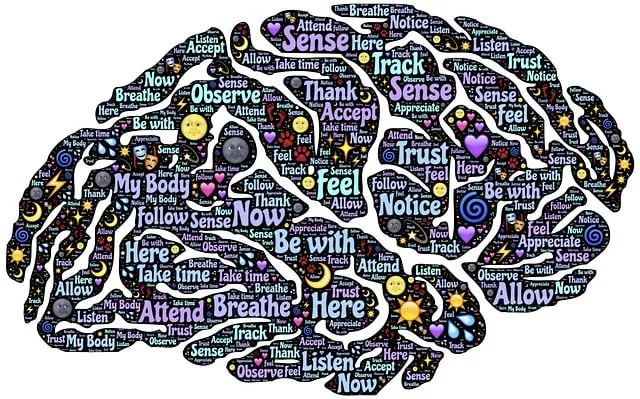The Kaiser Permanente Mental Health Access Center in Centennial successfully addresses diverse communities' unique mental health needs through culturally sensitive outreach, strategic planning, and partnerships. By identifying pressing issues like stress-related disorders and provider burnout, they tailor services such as Mental Wellness Coaching to improve accessibility and quality of care. Leveraging technology and community engagement, the center creates inclusive spaces for open discussions, promoting mental health awareness and access for all.
Community outreach programs play a pivotal role in bridging healthcare disparities. This article explores how such initiatives, inspired by innovative models like the Kaiser Permanente Mental Health Access Center in Centennial, can effectively serve diverse communities. We delve into understanding local needs, strategies for successful implementation, and community engagement tactics that foster lasting impact. Discover how these programs revolutionize access to mental health services, creating a more inclusive and supportive society.
- Understanding Community Needs: A Foundation for Effective Outreach
- Kaiser Permanente Mental Health Access Center Centennial: A Model Program
- Strategies for Successful Implementation and Community Engagement
Understanding Community Needs: A Foundation for Effective Outreach

Understanding the unique needs and challenges within a community is paramount to the successful implementation of outreach programs, especially when focusing on mental health services like those offered by the Kaiser Permanente Mental Health Access Center in Centennial. This involves recognizing cultural nuances, socioeconomic factors, and existing healthcare disparities that may impact access to care. By conducting thorough assessments and engaging with local leaders, organizations can identify pressing issues such as limited resources, lack of awareness about available services, or specific mental health concerns prevalent in the community.
For instance, a comprehensive understanding of the community might reveal a high prevalence of stress-related disorders due to job pressures or economic hardships, calling for tailored interventions like Stress Reduction Methods and Crisis Intervention Guidance. Similarly, recognizing healthcare provider burnout is crucial given their constant exposure to community mental health issues. Implementing Burnout Prevention Strategies can ensure sustained service quality and accessibility over time.
Kaiser Permanente Mental Health Access Center Centennial: A Model Program

The Kaiser Permanente Mental Health Access Center Centennial stands as a shining example of successful community outreach in mental healthcare. This program has been instrumental in addressing the unique mental health needs of diverse communities, emphasizing cultural sensitivity in mental healthcare practice. By providing accessible services tailored to specific cultural contexts, the center fosters empathy building strategies that bridge the gap between care providers and underserved populations.
The initiative’s success lies in its holistic approach, incorporating Mental Wellness Coaching Programs Development to empower individuals with coping mechanisms and self-care practices. This comprehensive strategy has not only improved mental wellness outcomes but also created a safe space where people from various backgrounds can openly discuss their challenges and access the support they deserve. The Kaiser Permanente model offers valuable insights into effective community engagement in healthcare, highlighting the potential for similar programs to make a significant impact on mental health accessibility and equity.
Strategies for Successful Implementation and Community Engagement

Implementing a successful Community Outreach Program requires strategic planning and a deep understanding of the local community’s needs. At the Kaiser Permanente Mental Health Access Center Centennial, we’ve found that engaging the community is key to achieving meaningful impact. One effective approach is to foster partnerships with local organizations, schools, and faith-based groups to co-host events and workshops, ensuring a wider reach and increased participation. Tailoring these programs to address specific mental health concerns, such as burnout prevention strategies for healthcare providers or mental illness stigma reduction efforts, can lead to more effective outcomes.
Additionally, leveraging technology can help overcome barriers to access, especially in underserved areas. Virtual platforms enable the center to connect with individuals who may be hesitant to attend in-person sessions, thereby increasing engagement and promoting mental well-being on a larger scale. By combining these strategies, the Kaiser Permanente Mental Health Access Center Centennial strives to create a supportive community environment that nurtures mental health awareness and access for all.
Community outreach programs, as exemplified by the Kaiser Permanente Mental Health Access Center Centennial, thrive when rooted in a deep understanding of local needs. By prioritizing community engagement and employing effective strategies, initiatives can achieve success that reverberates throughout the region. The Centennial model illustrates how such programs can act as game changers, enhancing mental health access and fostering a vibrant, healthier community. Remember that, by learning from innovative approaches like this, we can revolutionize community outreach and create lasting positive change.






